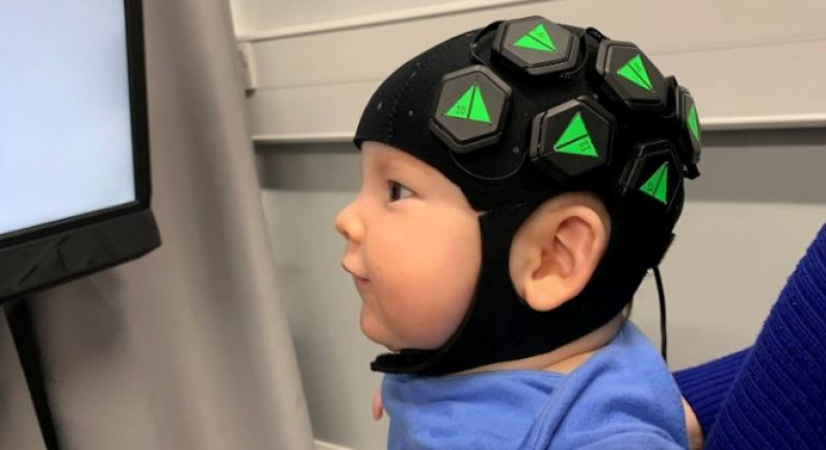
PRO GEN INT. EDINBURGH FGN10 AUTISM-TECHNOLOGY Wearable technology can change autistic people's lives if they're involved in designing it By Lauren Gillies-Walker, PhD researcher/Associate lecturer, the University of the West of Scotland and Naeem Ramzan, Professor, the University of the West of Scotland Edinburgh (UK), Aug 7 (The Conversation) Many autistic people experience difficulties in expressing their emotions. This can result in increased anxiety, depression, anger and physical health problems. Research shows autistic adults are significantly more likely to experience depression and anxiety than their peers.
Imagine a future, where technology could help people regulate their emotions and alert them to sensory overload before they became overwhelmed. An increasing number of technological solutions, that aim to help people regulate their emotions are being developed for autistic people. And some autistic people are adopting technology such as digital heart rate monitors to try and track their stress levels. BCIs are a direct communication pathway between the brain's electrical activity and an external device, commonly a computer or robotic limb.
Speaking to the community But before our study, no one asked the autistic community for their views on how useful the technology is. Poor usability is a longstanding problem for autistic users of this technology because developers lack awareness of their needs. A recent study found only 10 per cent of wearable technologies for autistic people addressed their needs and 90 per cent viewed autistic traits as shortcomings that need correcting.
Our recent study explored the autistic community's thoughts on any technology they had previously used to help them regulate their emotions and their views on what they need from technology. Thirty-four autistic individuals and their allies (family, health and social care professionals and college staff) took part in focus groups. For example, smartwatches detect physiological stress signals and prompt users to start coping techniques.
TikTok is going to make a comeback in India...
Researchers to Scan Ocean Floor for Meteorite which Crashed on Earth in 2014
Hi-tech smart classroom inaugurated at AU Geography department